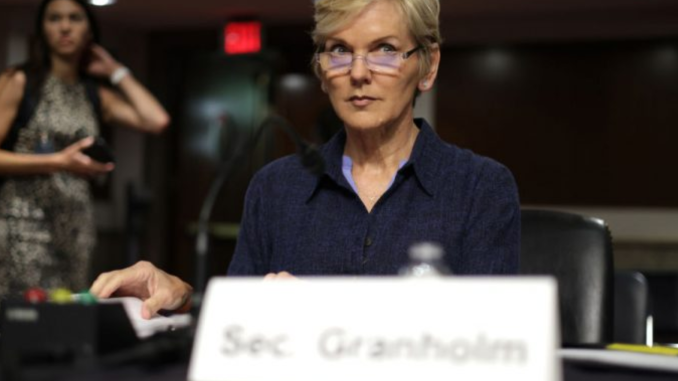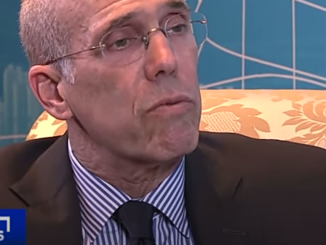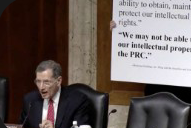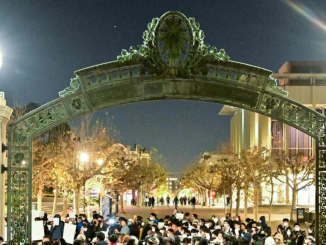
The founder of a lithium battery company poised to receive a $200 million grant from the Biden administration was once brought to China through a Chinese Communist Party program that the FBI warns is used for economic espionage.
The founder and chief executive officer of Microvast, Wu Yang, in 2000 was recruited to move back to China from the United States as part of a Chinese government-sponsored “talent program.” The grant to Microvast could conflict with the stated policy of the Department of Energy, which plans to boost the company with the massive green energy grant. A DOE official said in February that the department is “prohibited” from funding people who are involved in foreign talent programs.
The Department of Energy has faced criticism from lawmakers for months over its proposed $200 million grant to Microvast to build a battery separator facility, after the Washington Free Beacon reported late last year that the company operates primarily out of China. While the administration in a pre-election press release last October portrayed the funding as a done deal, the department now says the grant is still under review.
But the Microvast CEO’s participation in a talent recruitment program could complicate the deal further. Sen. John Barrasso (R., Wyo.), who first noted Wu’s participation in the Chinese program, is urging Energy Secretary Jennifer Granholm to “immediately terminate [the department’s] award negotiations with Microvast, Inc.”
Barrasso says there is “clear evidence that the founder, chairman, and CEO of Microvast participated in a Chinese Communist Party (CCP) talent program designed to entice overseas talent to return to China for the benefit of the CCP.” These programs work to entice high-achieving individuals to move back to China—but the Chinese Communist Party often uses them to “encourage trade secret theft [and] economic espionage,” according to the FBI.
The United Front Work Department of the Huzhou municipal government—a local branch of China’s national “United Front” overseas influence operation—in a 2017 press release lauded Wu for his involvement in the talent program. According to the release, Wu was recruited by a local talent program called the “South Taihu Lake Elite Project.”
“In 2000, he responded to the ‘South Taihu Lake Elite Project’ and returned from the United States with $3 million in his pocket,” the press release said. “In 2006, he established Weihong Power System (Huzhou) Co., Ltd., specializing in the R&D.”
Should Wu’s participation be confirmed, it could tank Microvast’s grant, which was awarded through the Infrastructure Investment and Jobs Act passed in 2021.
Granholm deputy David Turk in February assured the Senate Energy and Natural Resources Committee that “any persons participating … in a foreign government-sponsored talent recruitment program … [are] prohibited from participating in projects selected for federal funding.”
The Energy Department declined to comment, but it directed the Free Beacon to Granholm’s remarks during a Senate hearing last month.
“We are very vigilant about making sure that no taxpayer dollars go to any state-owned enterprise or Chinese-influenced company,” Granholm said. “That particular [Microvast] award is still under negotiation, and we’ll get back to you on the final conclusions on that.”
Barrasso said the department’s failure to identify problems with Microvast calls into question its entire grant-awarding process, and he argued that grants should be “suspended until a robust, pre-selection security review process for awardees is finalized by your department with input from other members of the intelligence community.”
“DOE’s distribution of $200 million in taxpayer funds to a company joined at the hip with China is demonstrably antithetical to the Bipartisan Infrastructure Law’s intent,” Barrasso said.
* Article From: The Washington Free Beacon


